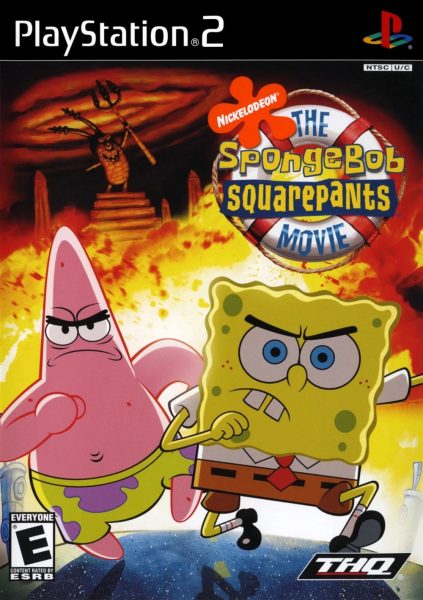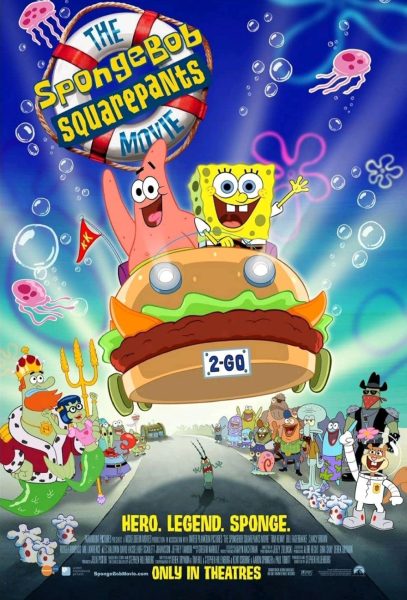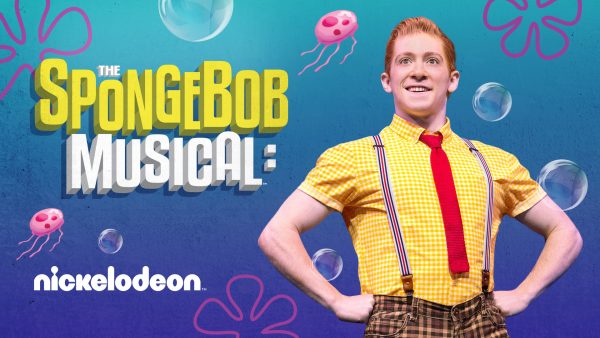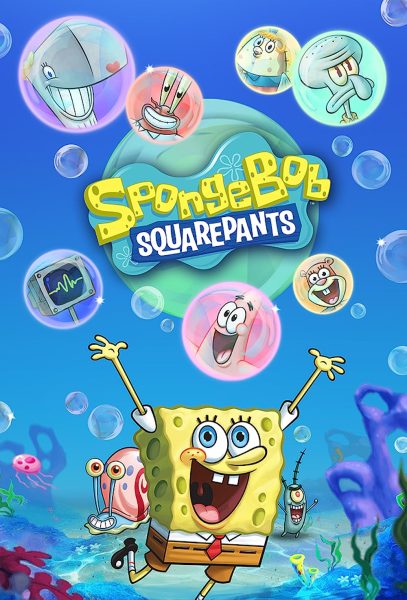‘The Institute’ forces us to face ourselves as monsters
The spooky season lingers on with the release of Stephen King’s new novel “The Institute.”
“The Institute” has little of the usual features in horror novels such as ghosts, demons and scary woods. However, the novel is full of conspiracy theories, frightening caretakers and mysterious shots that make it just as spooky.
King’s recent work, released on Sept. 10, focuses on a shadowy government establishment called “The Institute” that runs experiments on children with special abilities.
The main protagonist, Luke Ellis, is a child genius who is on his way to attending MIT and Emerson before turning twelve. His bright future abruptly ends when he is kidnapped by a group of people dressed in black who also kill his parents, and taken to “The Institute.”
He meets children around his age and younger who go through some of the same experiments.
“The Institute” delves into the horrors of what makes normal people evil, power over others. The darkest parts of the human psyche that enjoy inflicting pain on others is allowed to flourish. Even the employees who seem to care turn out to be manipulative in one way or another.
One example of this can be found in the character Dave, who tries his best to give the children some dignity. His darker side is revealed after Luke is submerged in a dunk tank and nearly drowned to death. When Luke starts asking questions, Dave drops his nice-guy attitude and slaps Luke in the face several times.
Reading scenes of sadistic adults torturing children could lead you to think that a normal human being would never commit such heinous acts.
Yet, one line, in particular, illustrates the separation that commonly follows when people are trying to avoid the fact that they are destroying human lives; “Luke realized he wasn’t a child at all to her. She had made some crucial separation in her mind. He was a test subject. You made it do what you wanted, and if it didn’t, you administered what the psychologists called negative reinforcement.”
Like those enslaved in the slave trade and those known as “undesirables” during the Holocaust, the children being tortured aren’t children at all. They’re given new names and new purposes to serve. The idea of the “test subjects” having any humanity is hidden in ignorant bliss.
“The Institute” may not be as paranormally active as King’s other novels, however, it should scare us all because it forces us to face the monsters we all have the potential to be if we were given the opportunity.
 (4 / 5)
(4 / 5)










